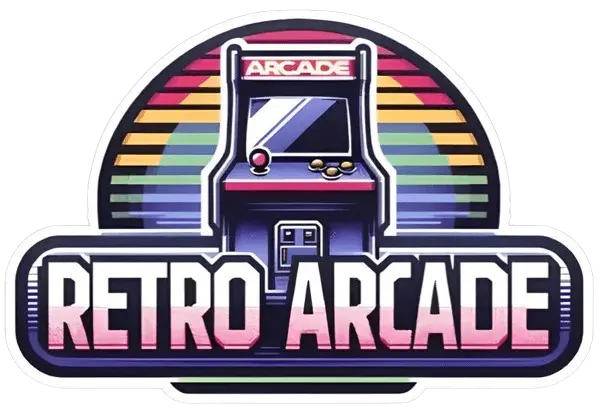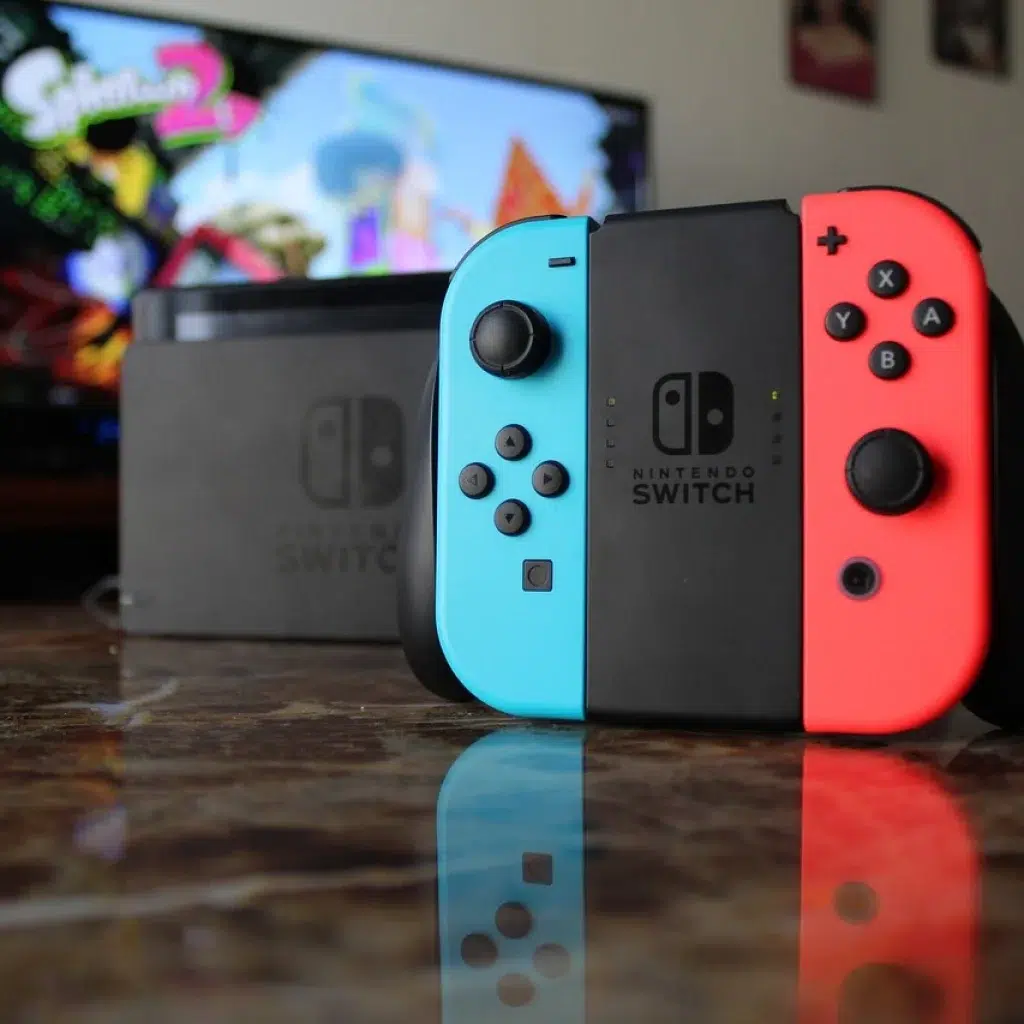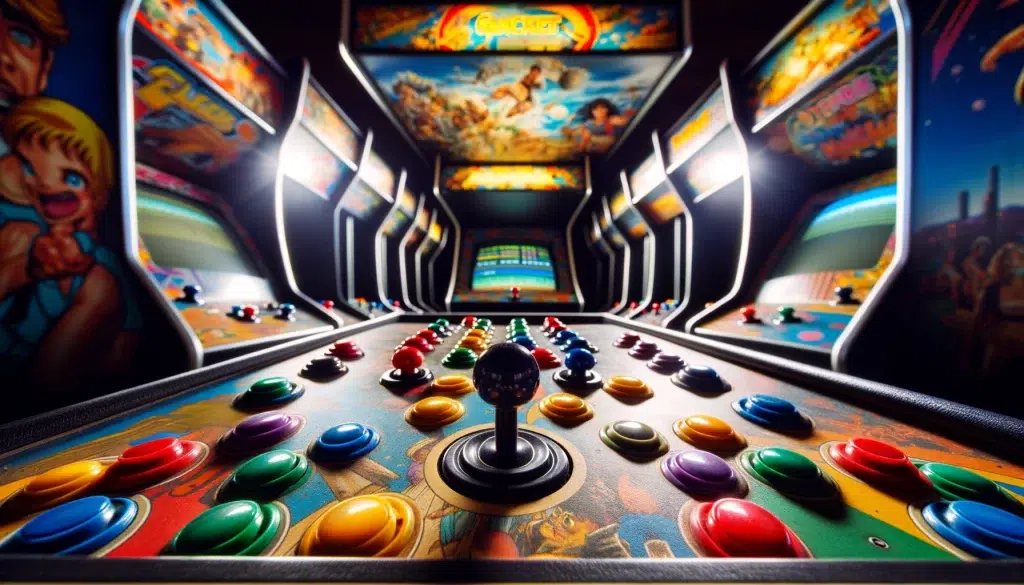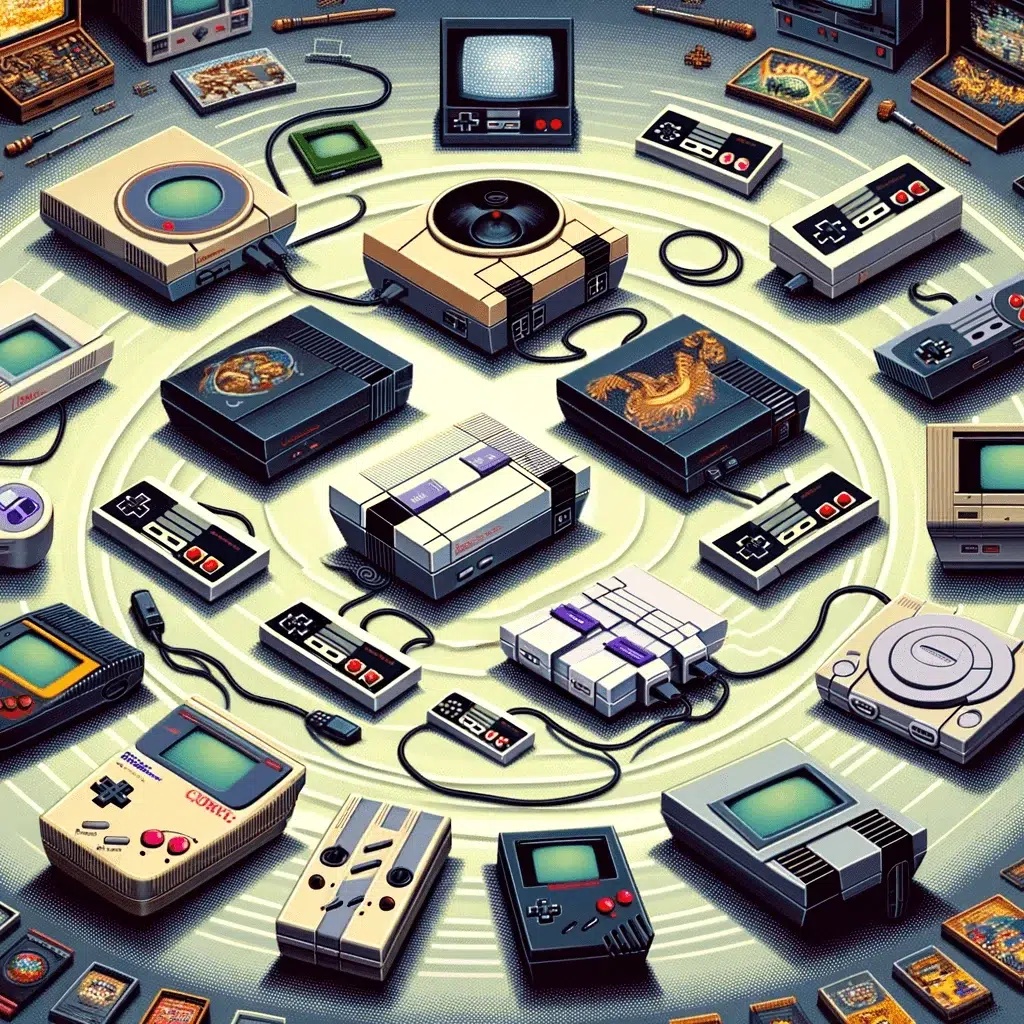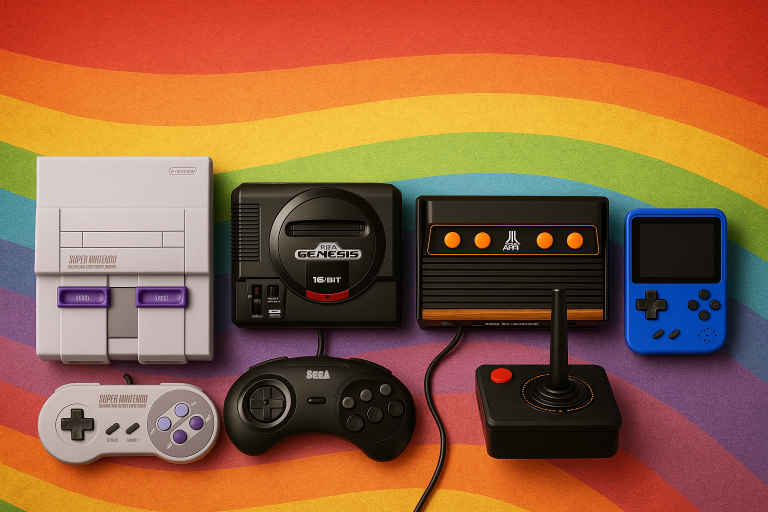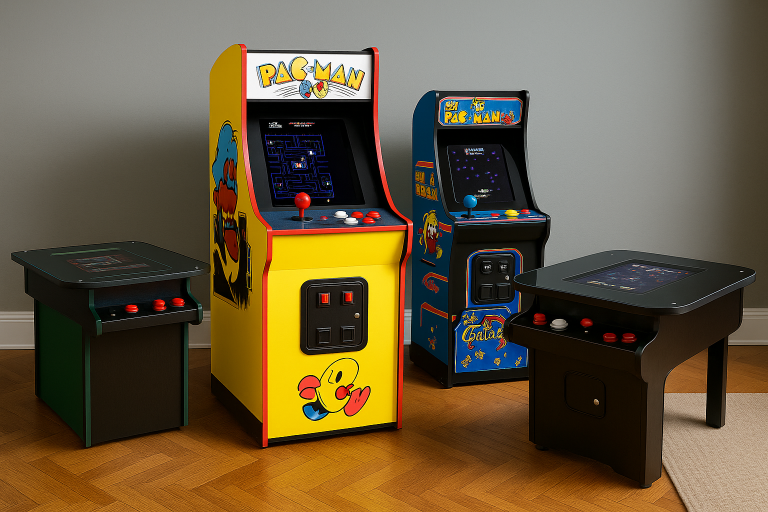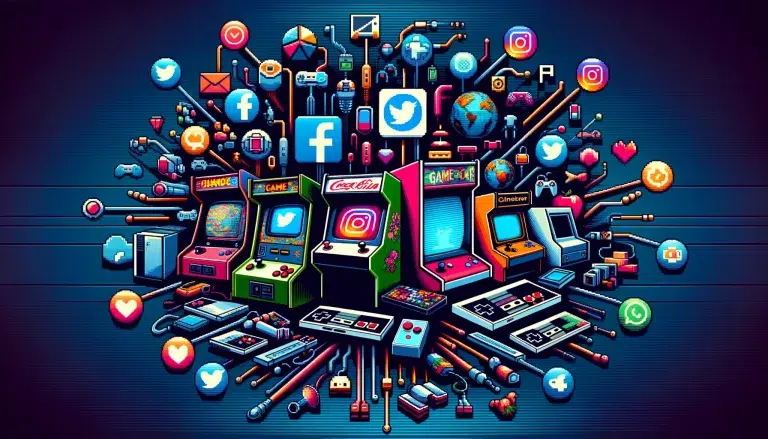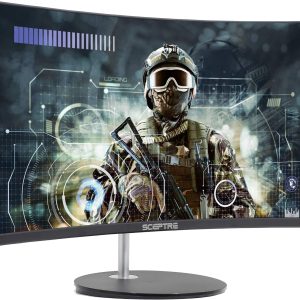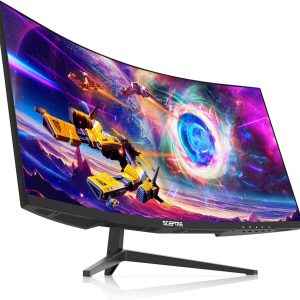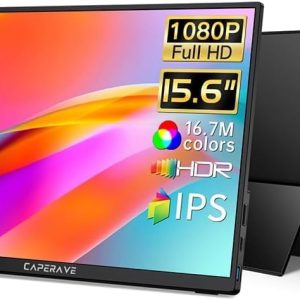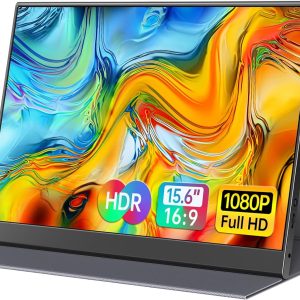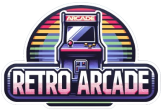Leveraging Nostalgia in Retro Gaming Marketing
In the fast-paced world of video games, where the new constantly eclipses the old, the gaming industry has found an unexpected ally in nostalgia. This yearning for the games of yesterday has become a cornerstone in marketing strategies for retro games. This article aims to unravel the effectiveness of nostalgia in marketing, tailored for both marketing professionals and retro gaming enthusiasts.
The Psychology of Nostalgia in Gaming

Why does the sight of an old game console or the sound of 8-bit music stir such profound emotions? Nostalgia, by its very nature, is more than mere reminiscence; it’s an emotional connection that transcends time and technology. In the gaming world, this connection often translates into a powerful consumer motivator. Nostalgic feelings can trigger vivid memories, influencing both the preferences and purchasing decisions of gamers. For many, these games represent not just a pastime, but a part of their personal history.
Successful Case Studies in Nostalgic Marketing
The effectiveness of nostalgia in marketing is best demonstrated through successful case studies. For instance, the relaunch of the ‘Nintendo Classic Edition‘ was not just a release of an old product; it was a revival of childhood memories for many. Similarly, when ‘Sonic the Hedgehog‘ celebrated its anniversary with a special edition, it was met with enthusiasm not only from those who played the original but also from new gamers curious about gaming’s heritage.
Strategies for Leveraging Nostalgia
Harnessing nostalgia in marketing requires a blend of authenticity and innovation. Here are some practical strategies:
- Storytelling: Craft narratives that connect past experiences with the present product.
- Visual and Audio Nostalgia: Use retro aesthetics and sounds to evoke memories.
- Limited Edition Releases: Create a sense of urgency and exclusivity.
- Engaging Older Gamers: Target marketing campaigns at those who grew up with these games.
Nostalgia and Community Engagement
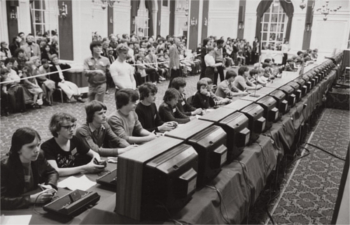
Nostalgia also plays a crucial role in building and sustaining gaming communities. By organizing retro gaming tournaments or online forums, companies can create platforms for gamers to share their experiences and memories. This not only fosters a sense of community but also strengthens brand loyalty.
The Future of Nostalgia in Gaming
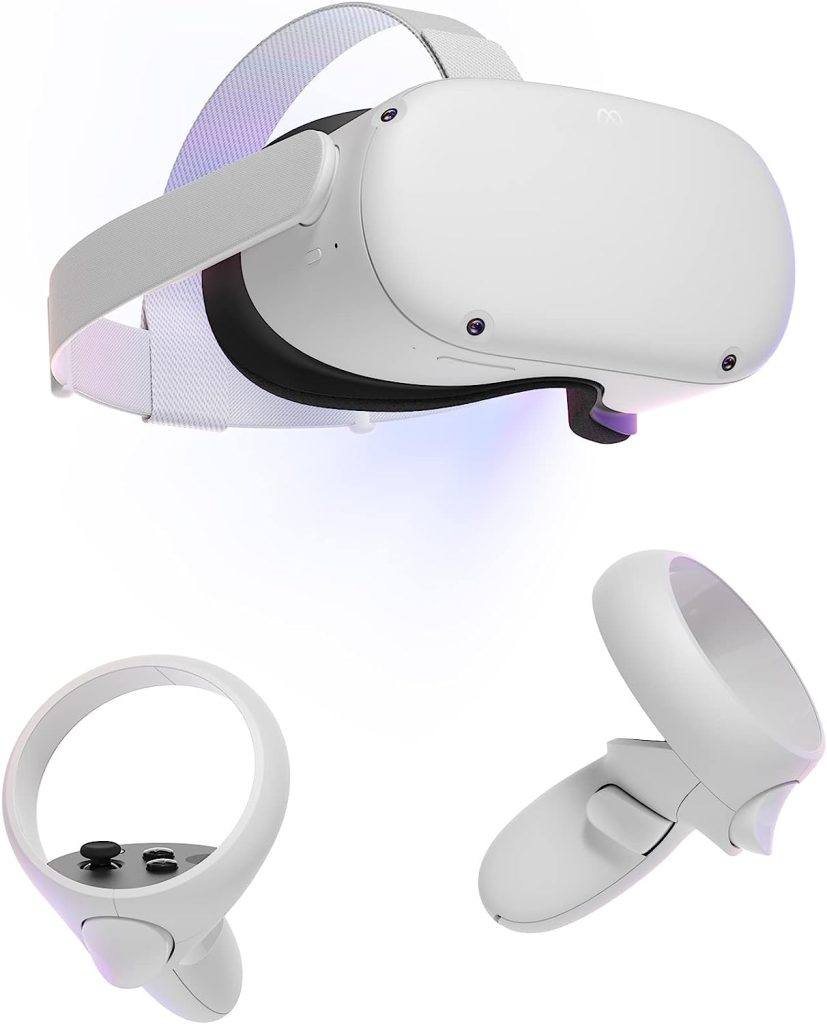
As technology advances, the role of nostalgia in gaming is also evolving. With the rise of virtual reality and augmented reality, there’s potential for even more immersive nostalgic experiences. The challenge for marketers is to balance innovation with the preservation of the essence that originally made these games beloved.
In conclusion, nostalgia is a powerful tool in the arsenal of retro gaming marketing. By understanding and leveraging the emotional connections that gamers have with their past, companies can create compelling marketing strategies that resonate deeply with their audience. As we look to the future, it’s clear that nostalgia will continue to play a significant role in connecting generations of gamers.
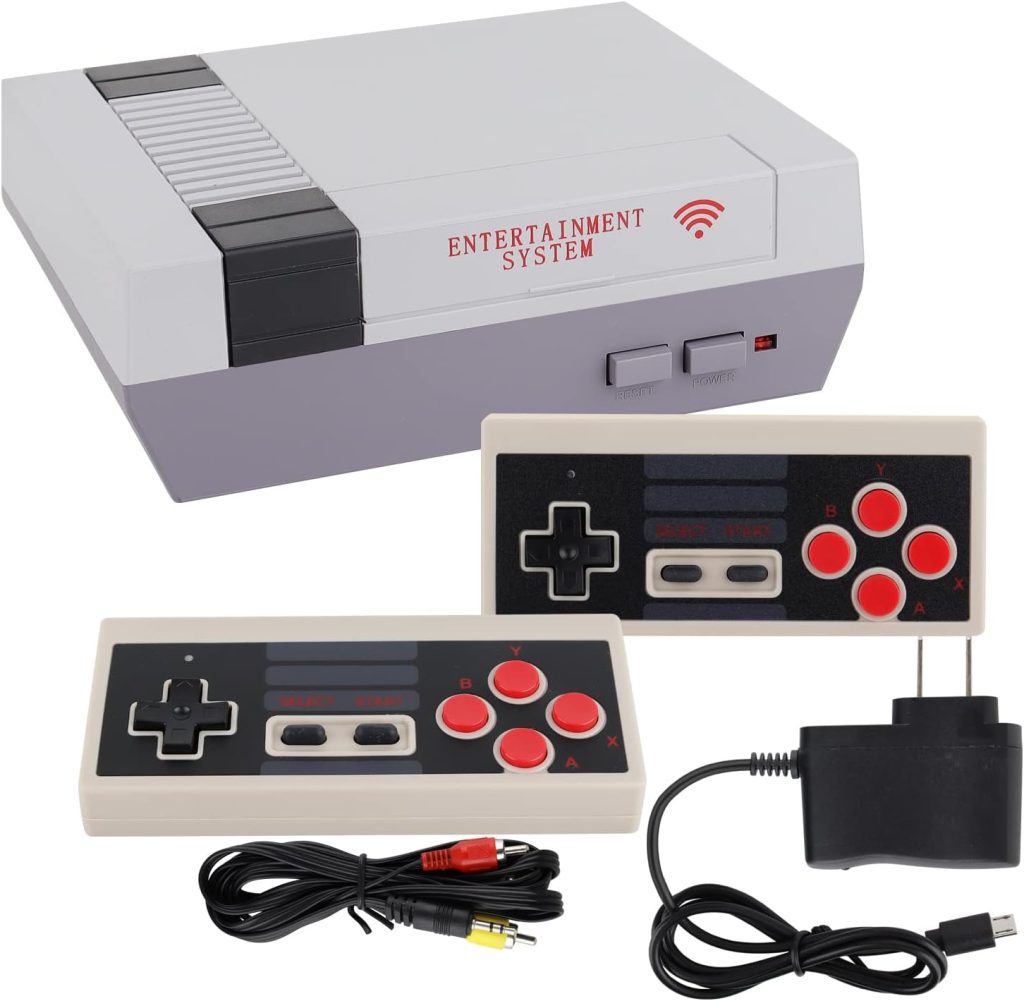
Classic Wireless Retro Video Game Console
- 2 wireless controllers (batteries not included)
- AV cable connectivity for TV and computer
- 620 pre-installed classic games
- Simple setup: power and play
- Dual player mode
- Compact and portable design
- Ideal for children and adults
- Priced at $32.99 with free returns
- Dimensions: 8.31″L x 3.03″W x 5.71″H
- Button control controllers
- Brand: LncBoc, Style: 620(Wireless)
As an affiliate of Amazon and other retailers, we may earn a small commission when you buy via our links, at no additional cost to you. Thank you!
